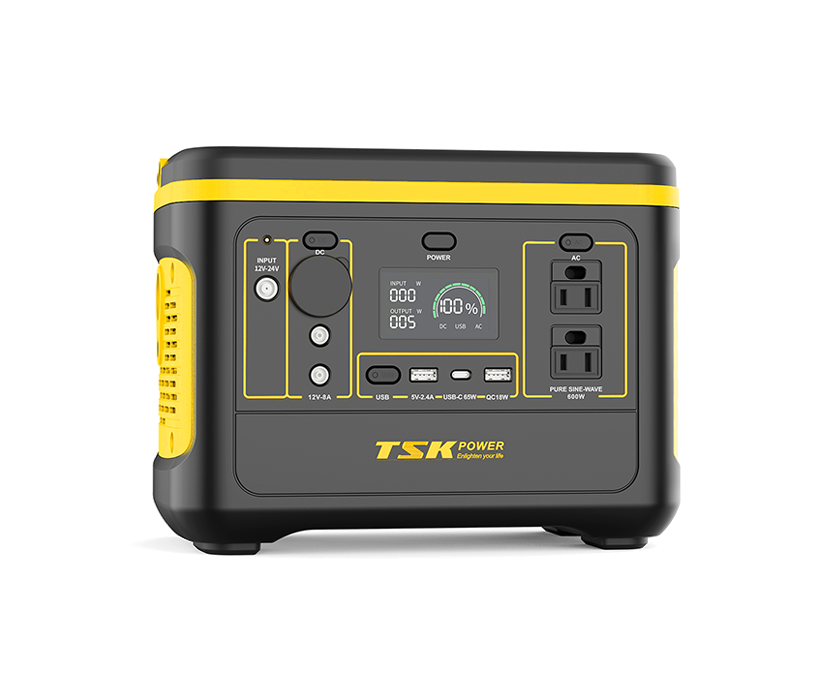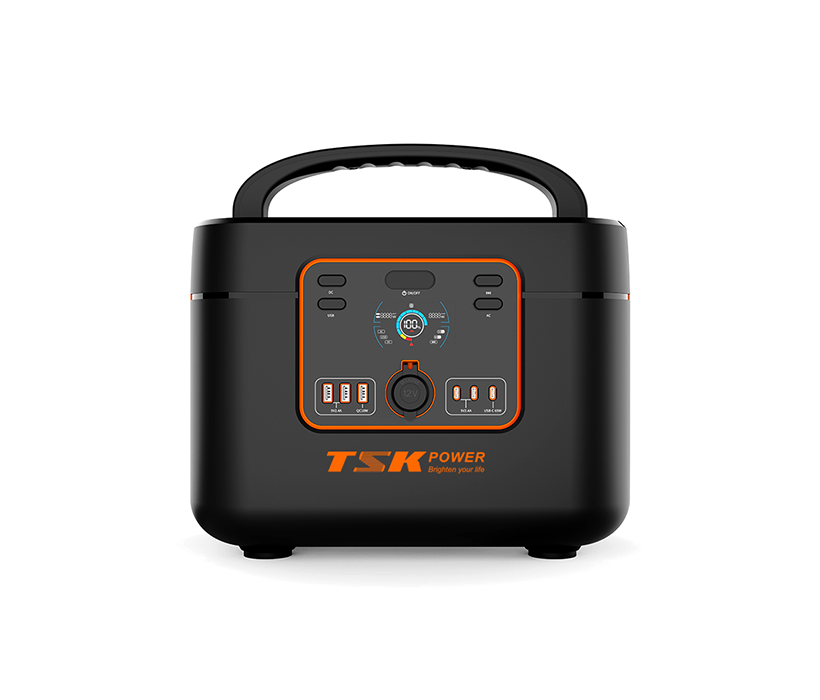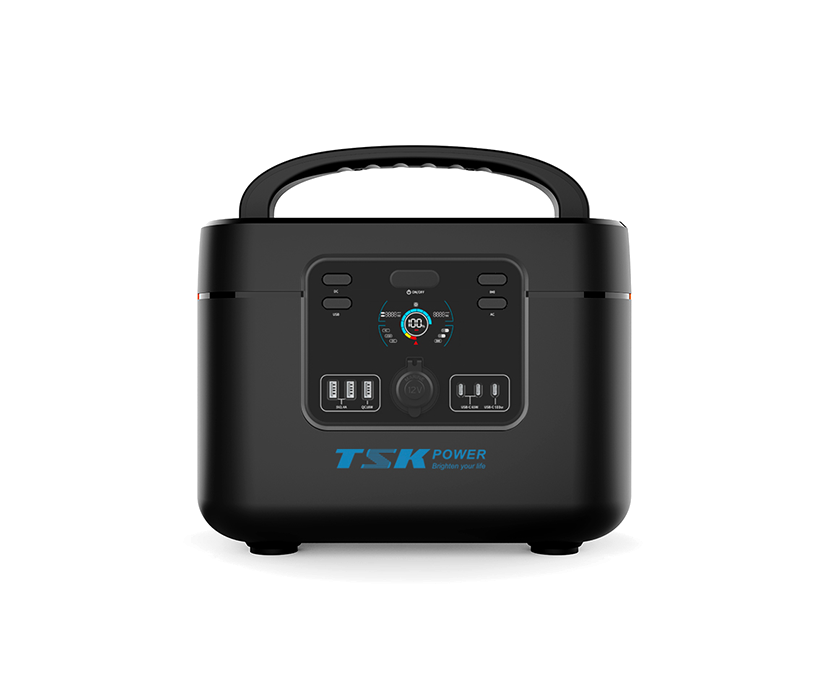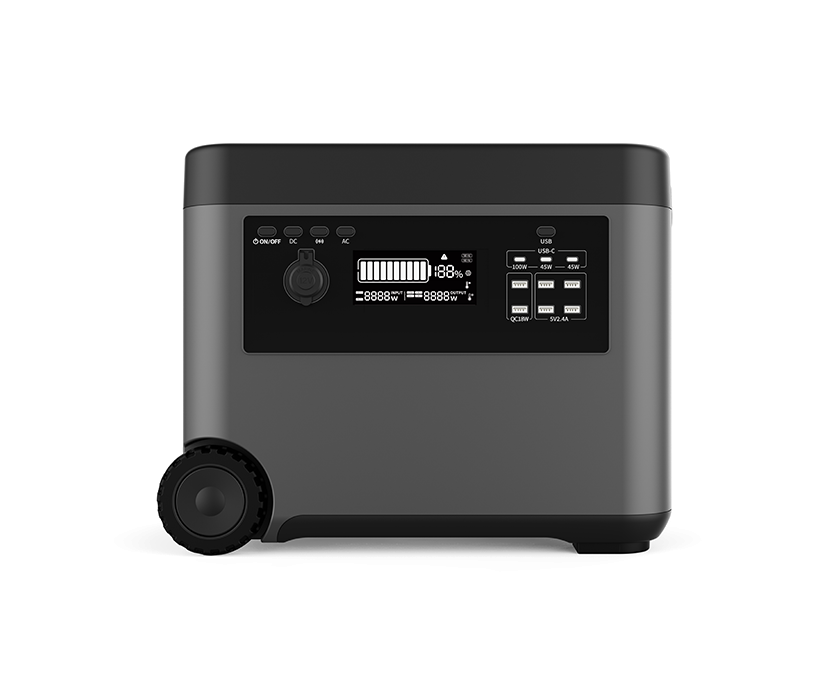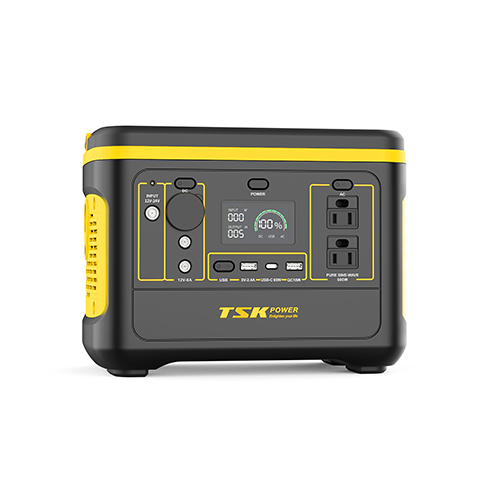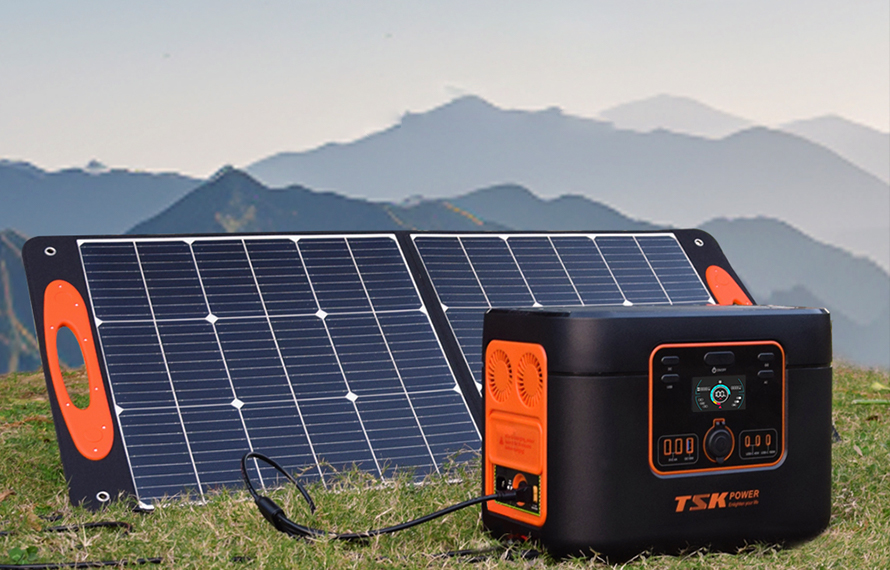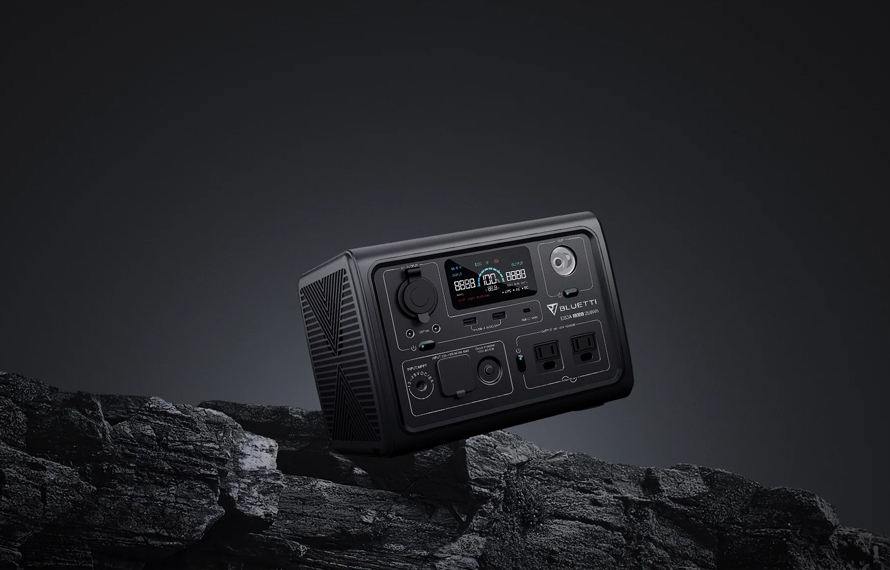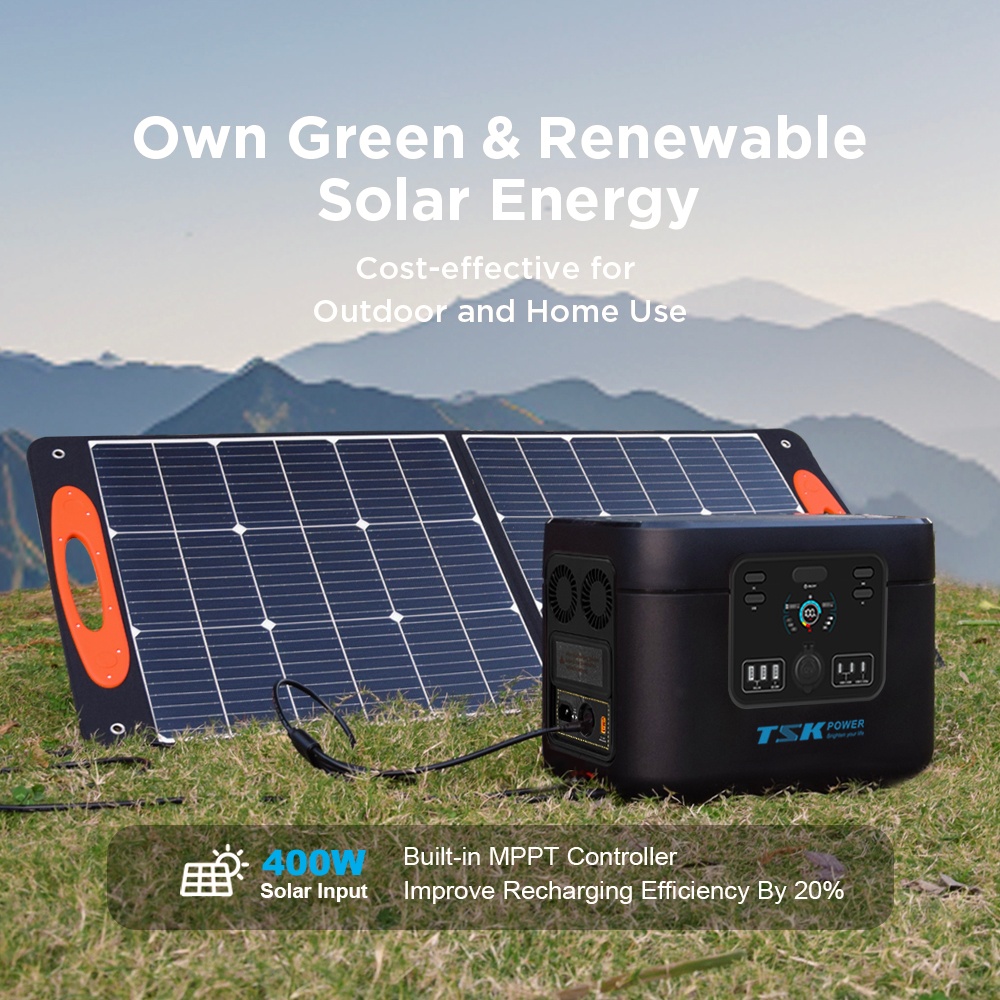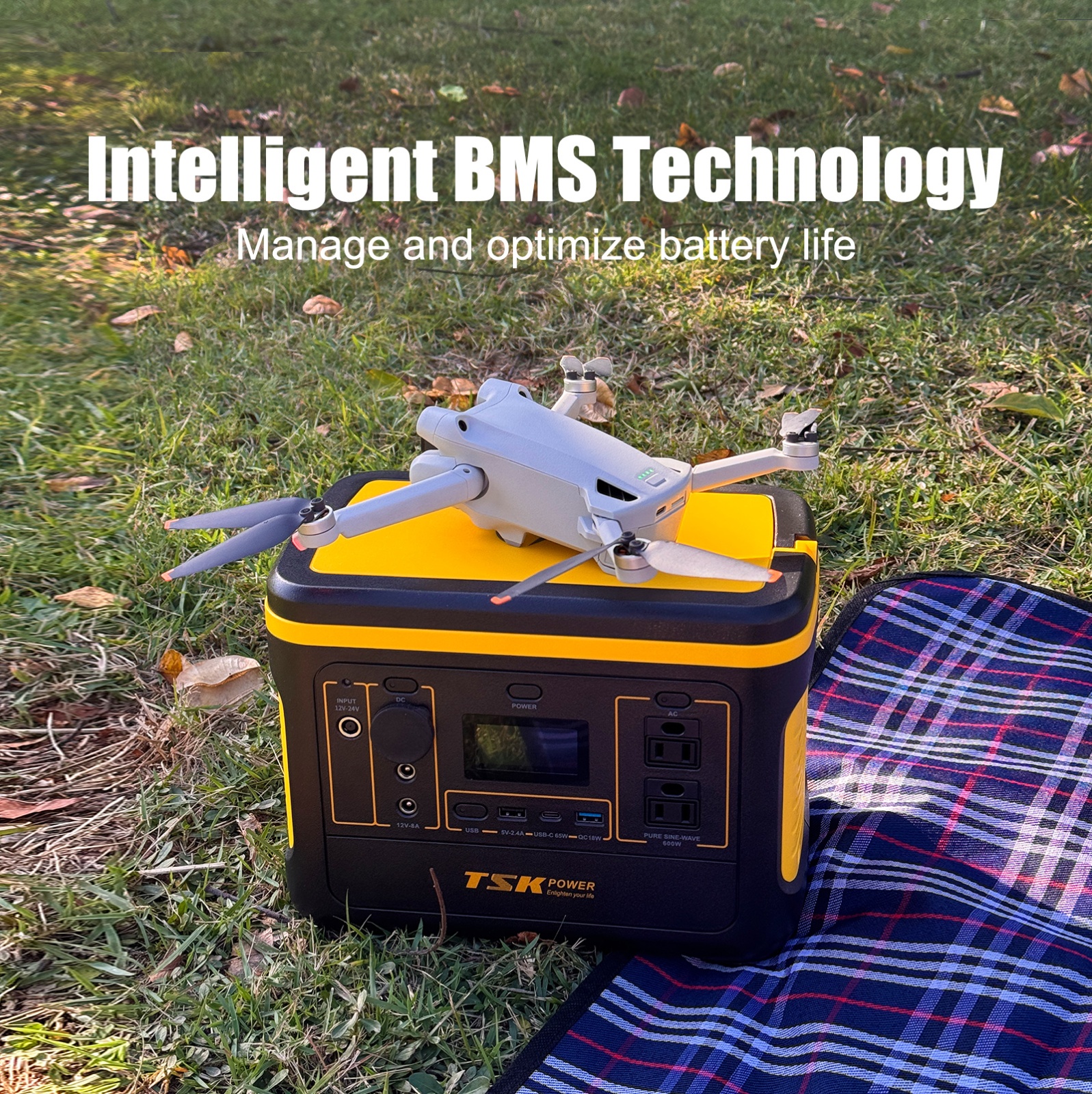Some people believe that solar is unreliable. Others say it is too sophisticated or costly for the average person to use. In reality, transitioning to solar power is far easier and cheaper than most people think. Let's debunk some typical solar myths and misconceptions.

Myth #1: Solar panels are too expensive
The initial cost of solar panels can be prohibitive for some people. However, it's important to remember that solar panels are a long-term investment. The average lifespan of a solar panel is 25 years or more, so they will pay for themselves over time. Additionally, federal and state tax credits can offset the initial cost of installing solar panels. In some cases, utility companies also offer rebates for solar customers.
The initial cost of solar panels may seem high, but it's surprisingly affordable when you factor in the long-term savings. Solar panels will save you money on your electric bill each month, and as time passes, the savings will add up.
Myth #2: Solar power works only when the sun is very bright
When it comes to solar power, one of the most common misconceptions is that it only works when the sun is very bright. Solar panels work by converting sunlight into electricity, and they're able to do this even on cloudy and snowy days. Additionally, solar powered batteries can store solar energy to be used later, even at night.
Myth #3 Solar panels are inefficient and unreliable
You might think that solar panels are inefficient and unreliable, but that’s not the case. Solar panels are quite efficient, converting sunlight into electricity at an estimated rate of 15-20%. While they may not be able to produce electricity 24/7, they are still a very reliable source of energy.
Thanks to advances in technology, solar panels can store excess energy in solar powered batteries, meaning that they can still provide power even when the sun isn’t shining. On the other hand, solar charging panels are also becoming increasingly popular, as they offer a convenient way to keep devices charged while on the go.
Myth #4: Solar panels are difficult to install
Solar panels are not difficult to install. In fact, it’s an easy feat All you need is a few tools and a bit of time. For example, Goal Zero’s solar panel kits can be plugged into an existing electrical outlet and do not require any special wiring or installation. Additionally, many solar panels are now portable so that they can be easily set up and moved as needed.
Many homeowners are now choosing to install solar panels themselves. Several online resources can provide step-by-step instructions on how to install solar panels. Additionally, to ensure proper placement of the panels, many companies offer solar panel installation services.
If you are interested in installing solar panels, there are a few things to consider. First, you need to ensure that your home is suitable for solar panel installation. Second, you need to determine how many solar panels you will need to generate the amount of energy you desire. Finally, install your solar panels following the Goal Zero’s manufacturer’s guide.
Myth #5: Solar energy is not cost-effective Solar energy is, in fact, very cost-effective, especially when you compare it to other forms of energy such as fossil fuels. The initial investment required for solar power may be higher than other forms of energy, but the long-term savings are significant. Solar power is also environmentally-friendly, making it an even more attractive option in contributing to help with the existing climate change.
When you factor in all of the benefits of solar power, it's clear that this renewable energy source is a wise investment. Solar power is worth considering if you're looking to save money from your electric bills and help the environment at the same time.
Don't let the myths stop you from going solar
TSK is a new industry leader in solar energy solutions and takes a customer-centric approach to solar, ensuring that every one of our customers receive the highest quality products and services available. Our team offers a wide range of solar products, from portable solar panels to home solar generators.
 2024-08-20
2024-08-20
